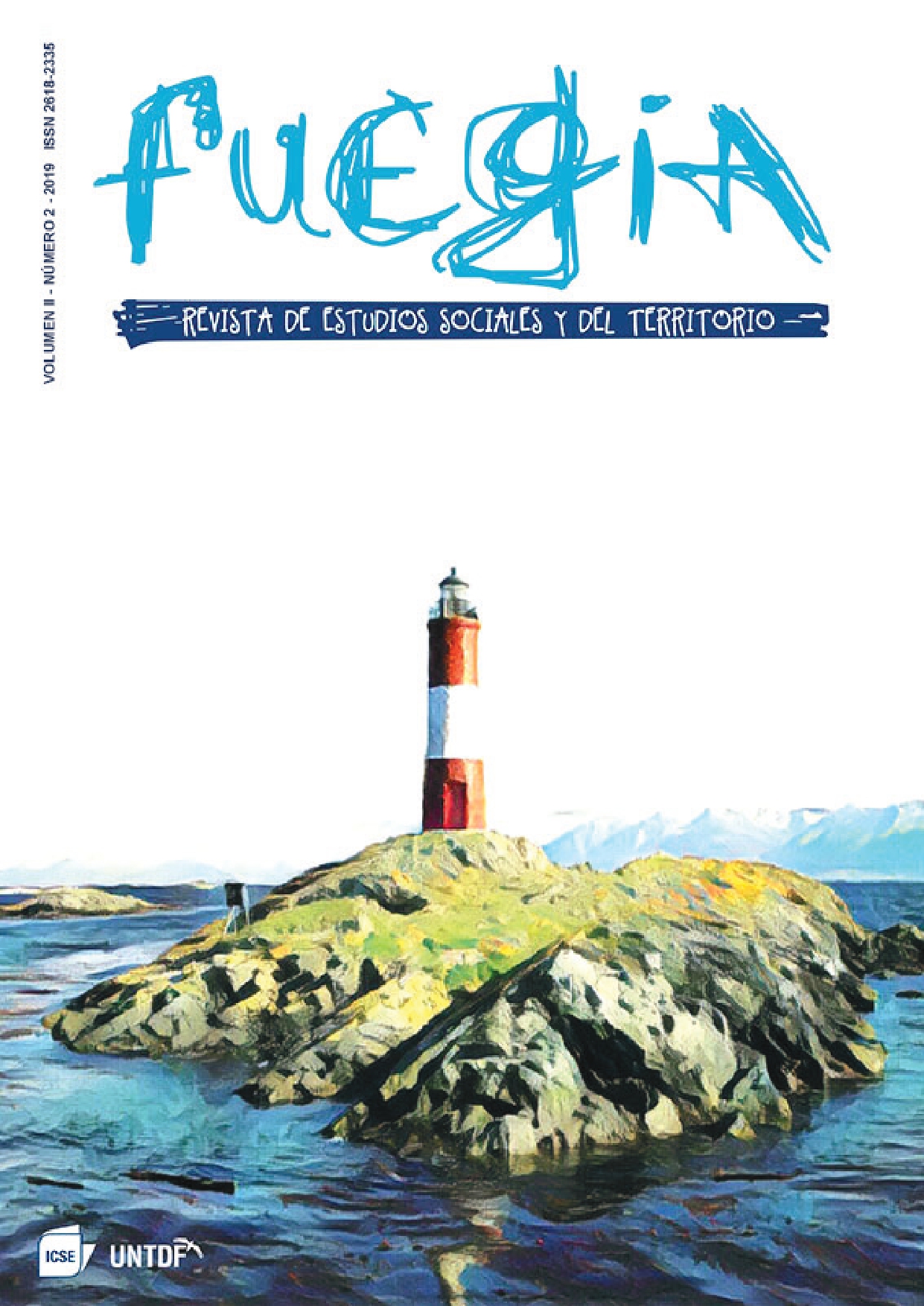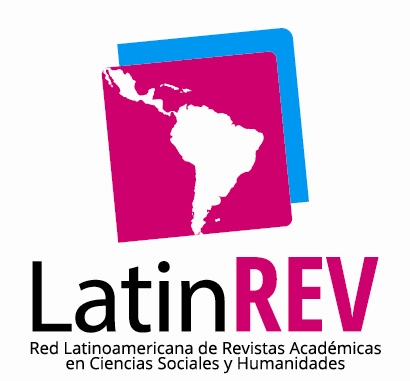Alternatives to development versus maldevelopment in the management of natural resources of the Biosphere Reserve of Los Tuxtlas (Veracruz, Mexico)
Keywords:
Veracruz (Mexico), Peasant indigenous communities, Natural resources, Maldevelopment/Sustained underdevelopment, Alternatives to development, Integral sustainability.Abstract
In the Los Tuxtlas Biosphere Reserve, SE of the state of Veracruz (Mexico), decades of interventions of developmentalist, extractivist and paternalistic public policies in the manage- ment of regional natural resources, originated a process of maldevelopment/sustained underdevelopment. Thus, poverty, anthropic pressure on the eco-cultural environment and the emigration-expulsion of the local population from nahuas and popolucas peasant indigenous communities, are phenomena that acquire great socio-territorial transcendence. Therefore, it is urgent to find possible alternatives to the hegemonic development. Since the implementation of a transdisciplinary qualitative research methodology with a decolonial approach, a hetero- geneous set of alternative non-govermental projects for the management of natural resources, agrosilvopastoral, fisheries and ecotourism in the area of study have been identified, ethnogra- phed and analyzed. These NGOs promote socio-ecological practices based on emerging and alternative models such as ethnodevelopment, participation, empowerment, interculturality, the ecological dialogue between traditional and scientific knowledge, political ecology or agro- ecology, focused on integral (ecological, economic and social) sustainability. These socio-en- vironmental initiatives have achieved to reduce peasantry vulnerability, reforest the territory or the indigenous empowerment, with emphasis on gender; contributing to generate notable advances in the human development of those who benefit from their programs
Downloads
Published
Issue
Section
License

This work is licensed under a Creative Commons Attribution-NonCommercial-ShareAlike 4.0 International License.




